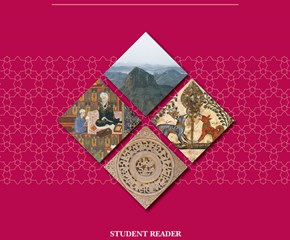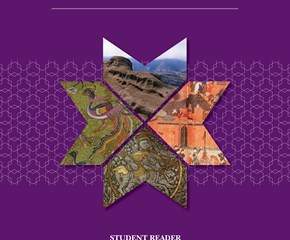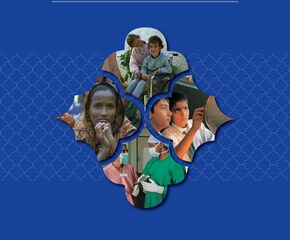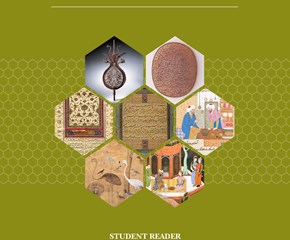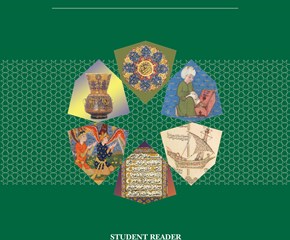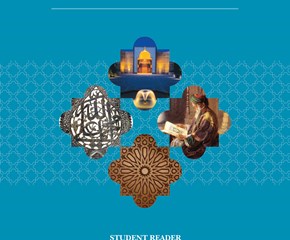Ta’lim Curriculum
Secondary Curriculum
Ta‘lim is an international programme in religious, moral and cultural education for Ismaili children from pre-school to secondary. Its overall aim is to educate children in the faith, ethics, history and cultures of Muslim peoples and of the Ismaili community in particular. Based on this framework, it seeks to promote self-development, learning and moral responsibility through instructional approaches which encourage creativity and reflection.
The Secondary Level Curriculum developed by the Institute of Ismaili Studies is an international, multilingual programme in religious education and the humanities for the global Ismaili Muslim community. It introduces Ismaili youth to a modular programme of education that examines Islam as both faith and civilisation in world history and in contemporary times. The curriculum approaches the study of Islam in general, and the Shia Ismaili tradition specifically, from humanistic, civilisational and normative perspectives. Students are guided to explore aspects of Islam that relate to religion, ethics, thought and culture in Muslim societies and the Ismaili Tariqah within a broad educational framework.
The modules in the curriculum are based on a study of selected facets of Muslim societies, in the past and present, including their interactions with other civilisations and cultures. The content is interwoven with thematic strands which reflect a wide range of human endeavours and pursuits that have found expression in Muslim societies and Ismaili contexts. Among the subjects covered are:
- civilisation and society
- encounters in Muslim history
- Muslims in recent centuries
- intellectual traditions
- ethics and development
- faith and practice
- the Qur’an and its interpretations
- the literature of Muslim traditions
- the arts and culture
In dealing with these subjects, the curriculum aims to address themes which are of relevance to young Ismailis and their communities in different regions of the world.
To achieve its aims, the curriculum applies pedagogical approaches consonant with its philosophical framework. It calls for a profile of teachers with a broad set of proficiencies – a profile that is not narrowly specialist but reflects an acquaintance with a range of subjects and contexts. For this purpose, the secondary curriculum is taught by professionally qualified teachers who have been specially trained to guide students in studying Islam and the Ismaili tradition at the secondary level. These teachers are graduates of the Secondary Teacher Education Programme (STEP) who have received teaching qualifications in Islamic Studies and Education.
The curriculum for the secondary level is intended for the 12-16 age group, and can also be extended to 17-18 year old students. It consists of eight modules, presented through student textbooks and teachers’ guides. The materials present the content in ways that are creative and intellectually engaging for both students and teachers.

